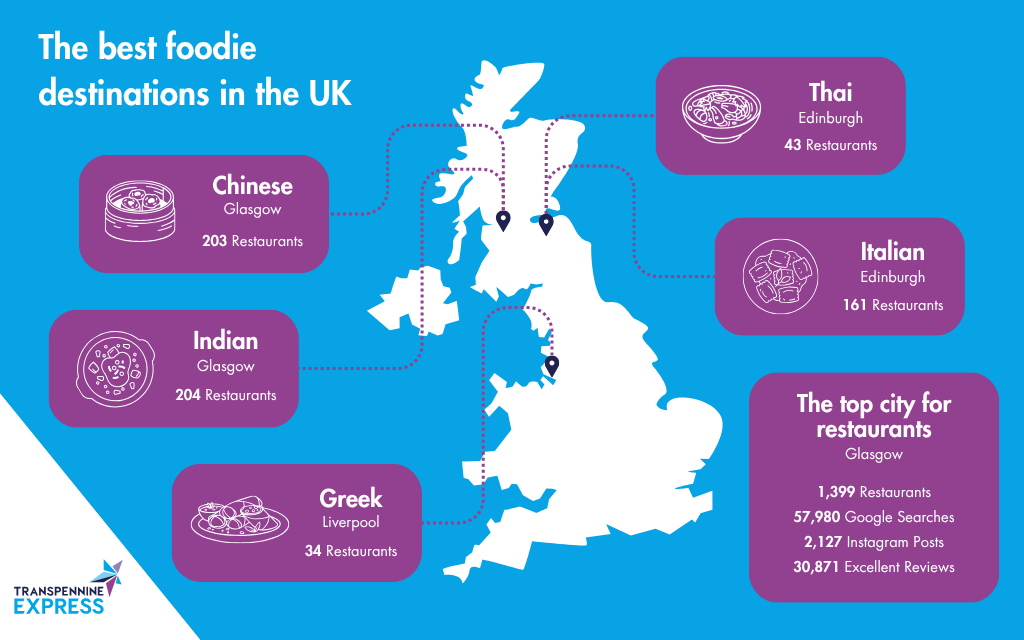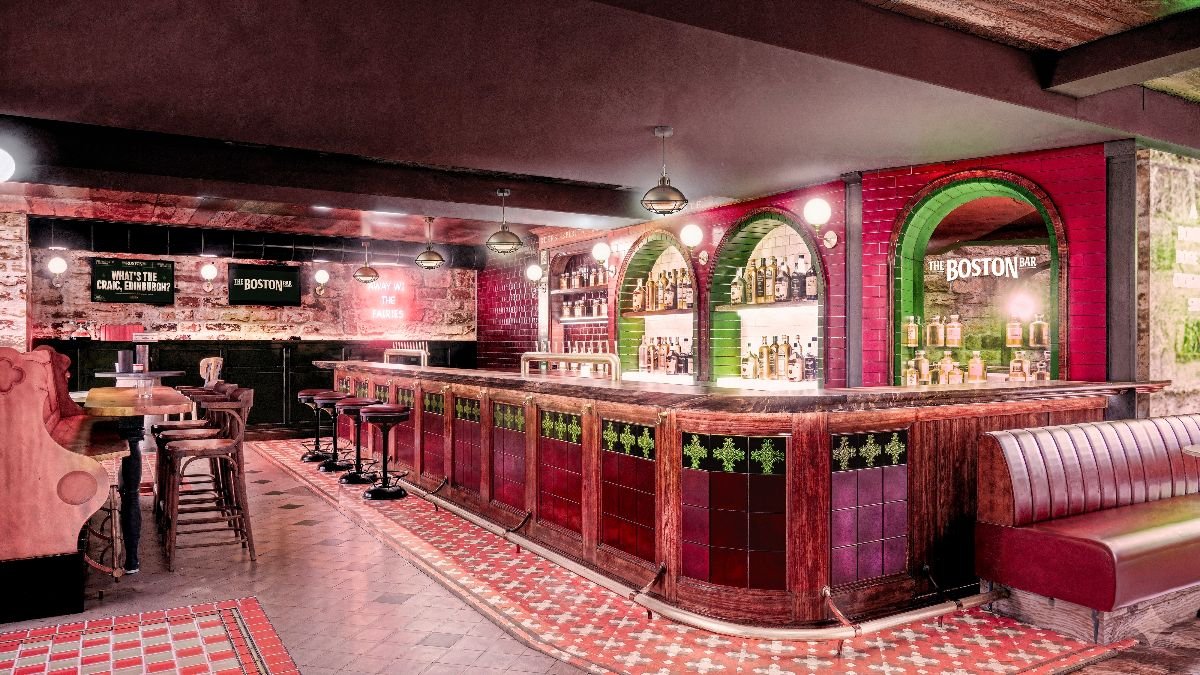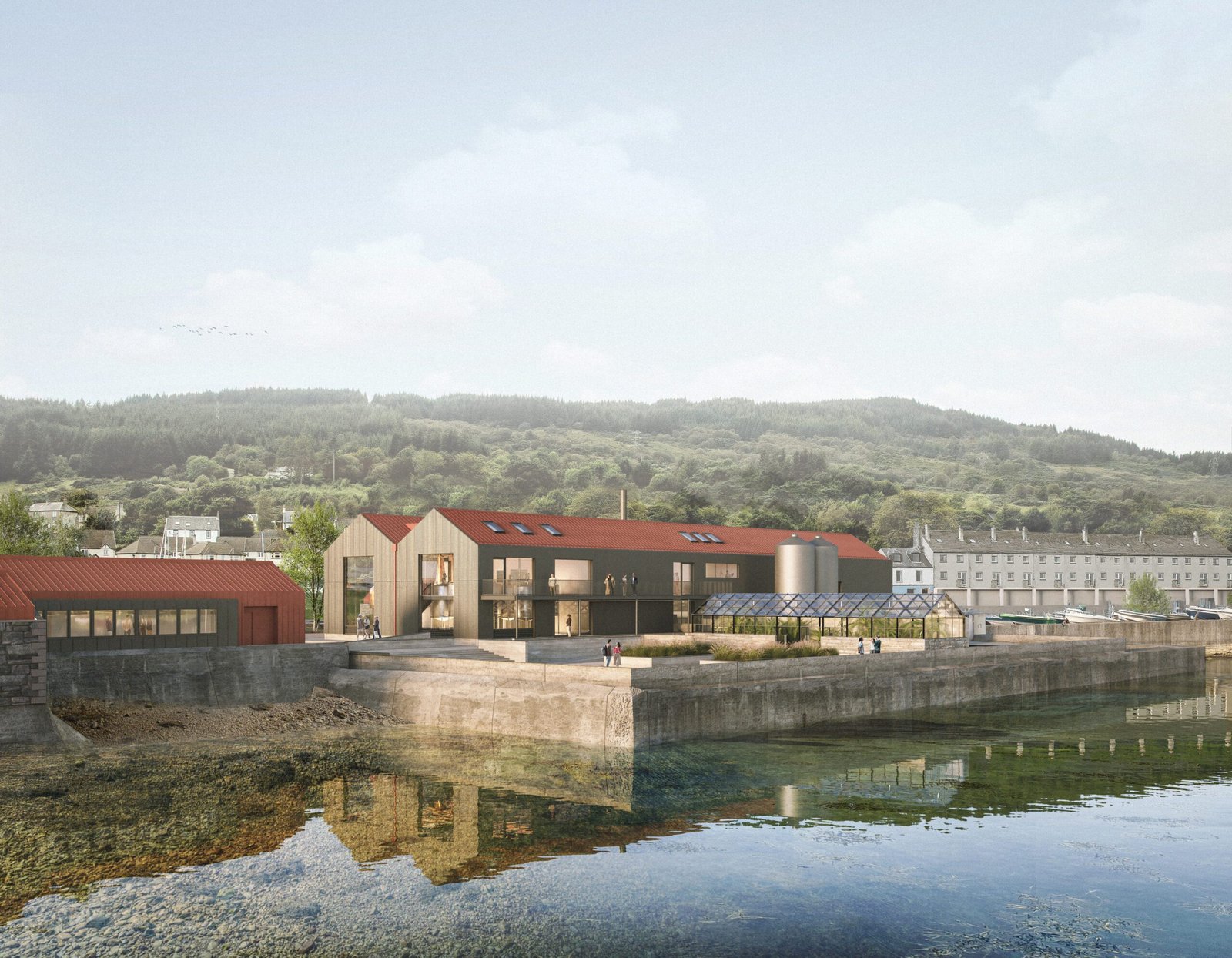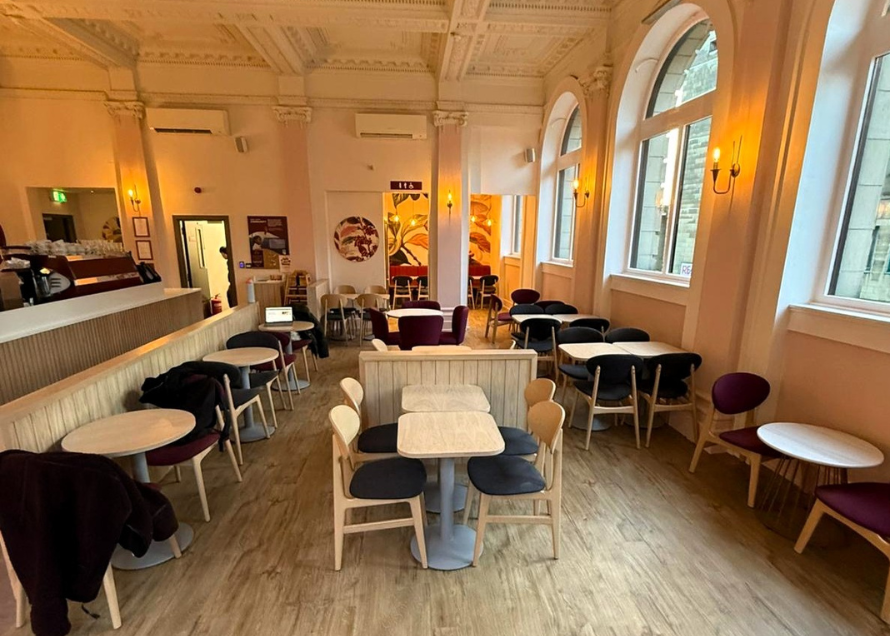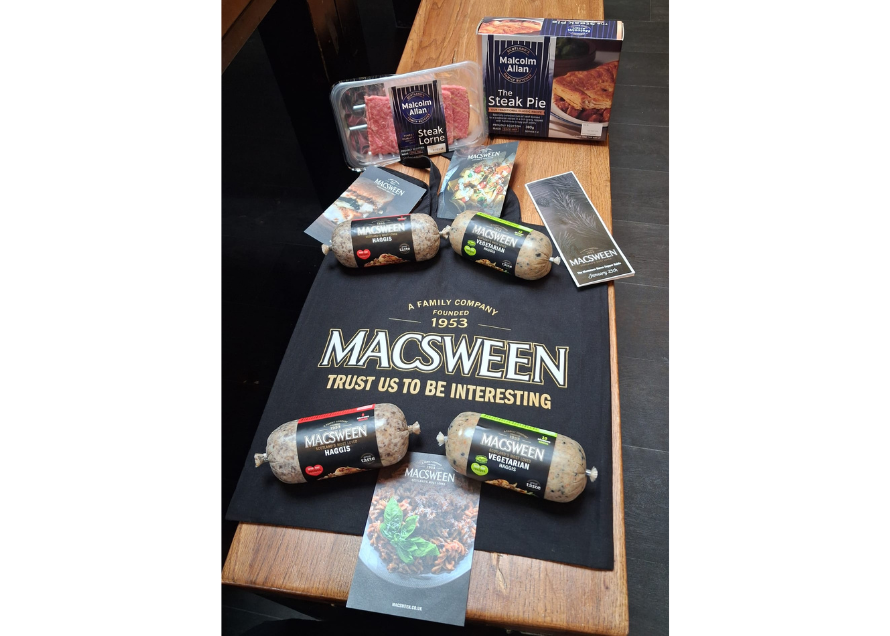More than 80% of small and medium-sized enterprises (SMEs) working in Scotland’s hospitality and food and drink sectors believe the viability of their business is at risk over the next 12 months, according to new research from Aberdein Considine.
The survey, carried out by Censuswide on behalf of the legal firm, highlights the mounting economic pressures and uncertain market conditions faced by small to medium businesses in key sectors across the country, including the hospitality and food and drink industries. SMEs account for over 99% of all private sector businesses in Scotland, and the survey captures their views one year out from the next Holyrood election, as candidate selection has begun.
Respondents pointed to several factors that present financial challenges, including increased costs, supply chain disruption, access to finance and uncertainty arising from policy and regulatory changes, with the findings indicating that these challenges are being felt by businesses of varying sizes within the SME category.
The report also found that concerns around business viability were not limited to specific industries, with high levels of risk perception present across the energy and retail sectors, in addition to hospitality and food and drink. The findings suggest that a broad cross-section of Scotland’s SME community is currently operating in an environment they view as unstable or unpredictable over the coming year.
Scottish Government policy changes biggest challenge to business growth
Equally significant is the pressure from policy and taxation, with close to half of the hospitality businesses surveyed (41%) listing Scottish Government policy changes as the biggest challenge to business growth, with more than a third (38%) of food and drink businesses stating the same.
Respondents reported that ongoing policy shifts have created difficulties in planning and investment, suggesting a widespread concern among firms about the impact of regulatory uncertainty on their ability to grow and operate effectively in the current environment.
Supply chain disruptions have also caused strain on Scottish hospitality and food and drink SMEs, with 22% from both sectors stating that this was the biggest financial challenge they faced.
In addition to this, 65% of SMEs in the food and drink sector, and 60% in the hospitality industry, felt that they were feeling the impact of Brexit on their staff retention, with close to half in both (41%) now prioritising growth in their workforce.
However, 61% of respondents in the hospitality space displayed optimism about the benefits associated with the energy transition, as more than half (54%) stated they plan to invest in sustainability and ESG initiatives over the next 12 months.
Paul Jennings, Partner and Hospitality and Leisure Sector Lead at Aberdein Considine, said: “Our survey highlights the significant pressures facing Scotland’s hospitality and food and drink sectors, with more than 80% of SMEs in both industries expressing concern about their viability over the next 12 months. From shifting government policy and the lasting impact of Brexit on staffing, to rising operational costs, businesses are contending with a challenging and uncertain landscape.
“However, as we saw during the pandemic, these industries have a proven ability to adapt in the face of adversity. With the right support in place from the government, there’s every reason to believe hospitality and food and drink businesses can not only weather current pressures, but also continue to evolve and grow.”
Ritchie Whyte, Partner and Head of Corporate and Business Advisory at Aberdein Considine, said: “While the findings show that a significant number of Scottish SMEs – many of which are family-owned and run – are facing real concerns about viability in the short term, they also point to a business community actively planning for the future.
You Might Also Like:
“Close to half of Scottish hospitality and food and drink SMEs said they are prioritising workforce growth, offering an encouraging outlook in the face of continued staffing challenges. It is also particularly positive to see the hospitality growing focus on sustainability, with more than half operating in this space planning investment in ESG initiatives. With targeted support, this ambition can be turned into lasting progress that supports hospitality businesses with building resilience and strengthening viability.”
The full survey findings can be accessed here.








